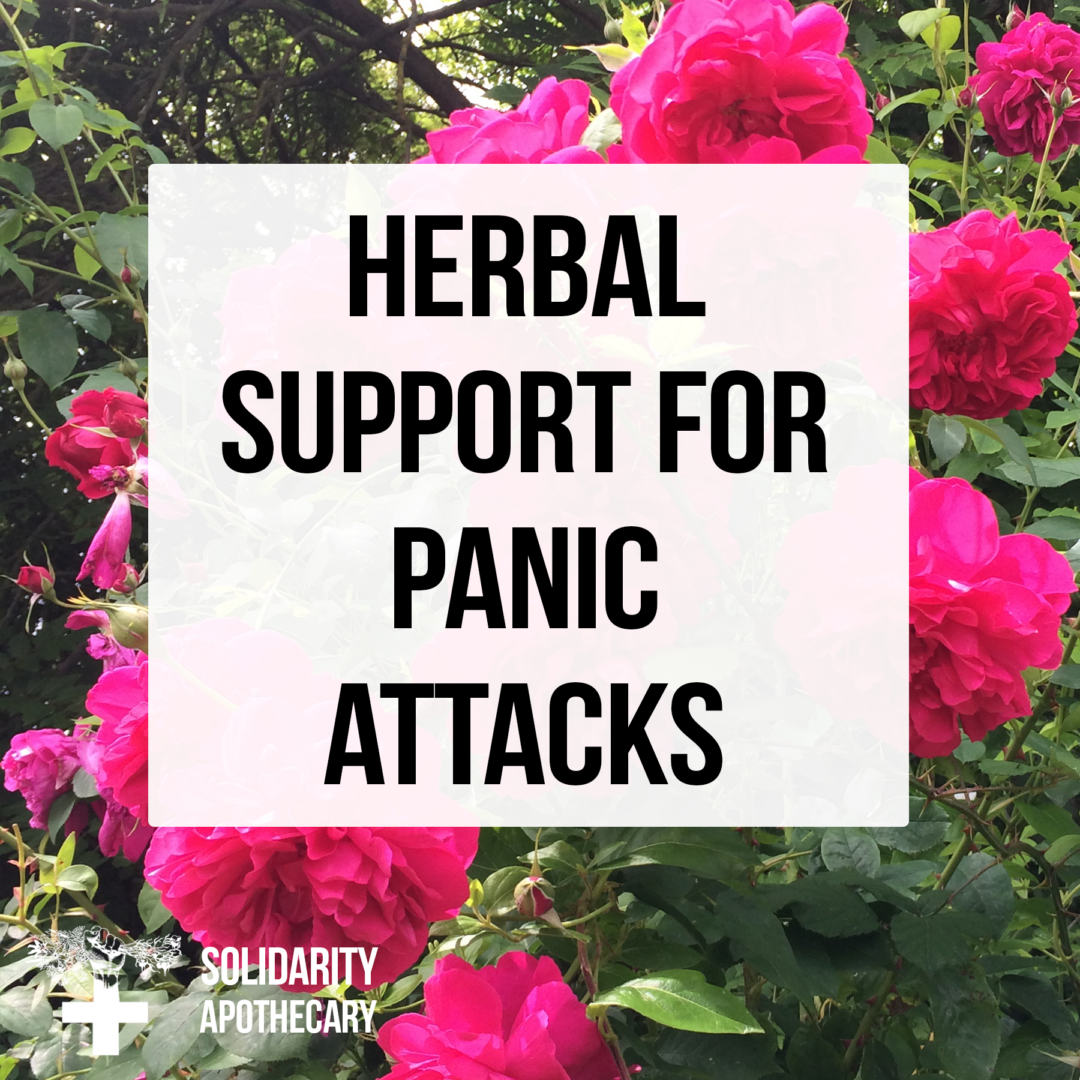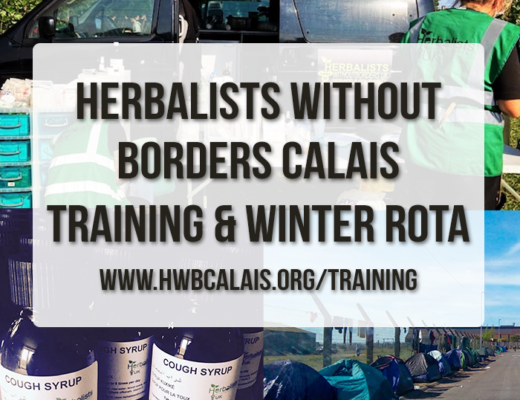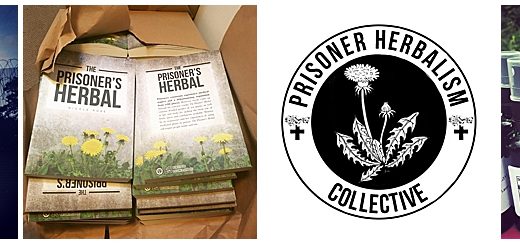If you’ve googled “panic attack”, there is a chance sadly that you’ve experienced a panic attack and probably don’t need a description.
Unfortunately, panic attacks are very real and can be a difficult and debilitating experience. If
you are experiencing them regularly, then please know that I’m sending a lot of love and
solidarity to you because I know how challenging they can be.
What are panic attacks?
In really simple terms, panic attacks are surges of intense anxiety and fear. Our body may be experiencing distress and expressing it through, for example:
Signs of a Panic Attack
- An increased heart rate
- Rapid, shallow breathing – we may struggle to breath and start to hyperventilate
- Shaking or trembling
- Panic attacks can cause chest pain
- Sweating
- Panic attacks can cause fainting, dizziness, lightheadedness and low blood pressure
- Nausea or vomiting, especially afterwards
- Tingling or numbness
In general, there’s a feeling that we’re losing control, ‘going crazy’ or about to die. We may feel like we’re detached from our own body. We can genuinely feel like we are dying when we have a panic attack.
How long does a panic attack last?
A panic attack can last anywhere from a few minutes to up to an hour. They are commonly less than twenty minutes but can sometimes come in waves.
What happens after a panic attack?
After a panic attack, we might experience tingling or numbness as well. We can have this feeling of being hungover due to the surge in stress hormones and all these physiological changes that have been activated. This hangover feeling can linger for the rest of the day or several days.
Why do panic attacks happen? What triggers a panic attack? Can you have a panic attack without a trigger?
Panic attacks are an acute activation of our sympathetic nervous system. They are the result of cumulative activation in our nervous system. They come from a build-up of anxiety, pressure, and tension.
Sometimes a trigger for a panic attack can be very specific. For example, a text message from an abusive ex-partner. Other times, they can feel like there is no notable trigger and that they have come out of nowhere.
Most commonly, a panic attack trigger can feel like the straw that broke the camel’s back; an absolute last resort when you’ve hit your limit.
What are panic attacks a symptom of?
Panic attacks are normally communicating that we are experiencing distress. We may be experiencing anxiety, depression, tension, historical or present trauma or traumatic stress. Grief can also be a common trigger of panic attacks as the nervous system feels so overwhelmed with the pain and loss and all the feelings associated with bereavements of different kinds (not just deaths but also major life changes).
Sometimes panic attacks can happen when we are generally unwell, for example, when we have a viral infection such as covid-19 that can cause brain inflammation and affect the nervous system. Research is still developing in this field.
How to prevent panic attacks
To prevent panic attacks, we have to reduce this activation of our sympathetic nervous system. There’s a million and one ways to do this. Being with friends that we trust and feel safe with, being with animals, watching light-hearted or trashy TV shows, engaging in an activity that we find restful, like gardening, or walking somewhere beautiful and relaxing.
These activities can all really help us move into a parasympathetic state.
What is the parasympathetic nervous system state?
It’s an essential state for the body. This is when our muscles relax, our blood pressure reduces, our tissues get a chance to repair themselves and our digestion has an adequate flow of blood and enzymes.
Generally, this state is where we feel ‘safe and social’. It’s not always easy to access this state especially if being in fight or flight or being very activated has been a dominant pattern in our life experience.
How can plant medicines help the nervous system?
Plant medicines can be amazing teachers and gentle guides for tending to our nervous systems and helping us inhabit different ways of being that are less about survival and danger and more about feeling safe and social. Nervines especially can be amazing in this respect – these are plants with an affinity for the nervous system.




